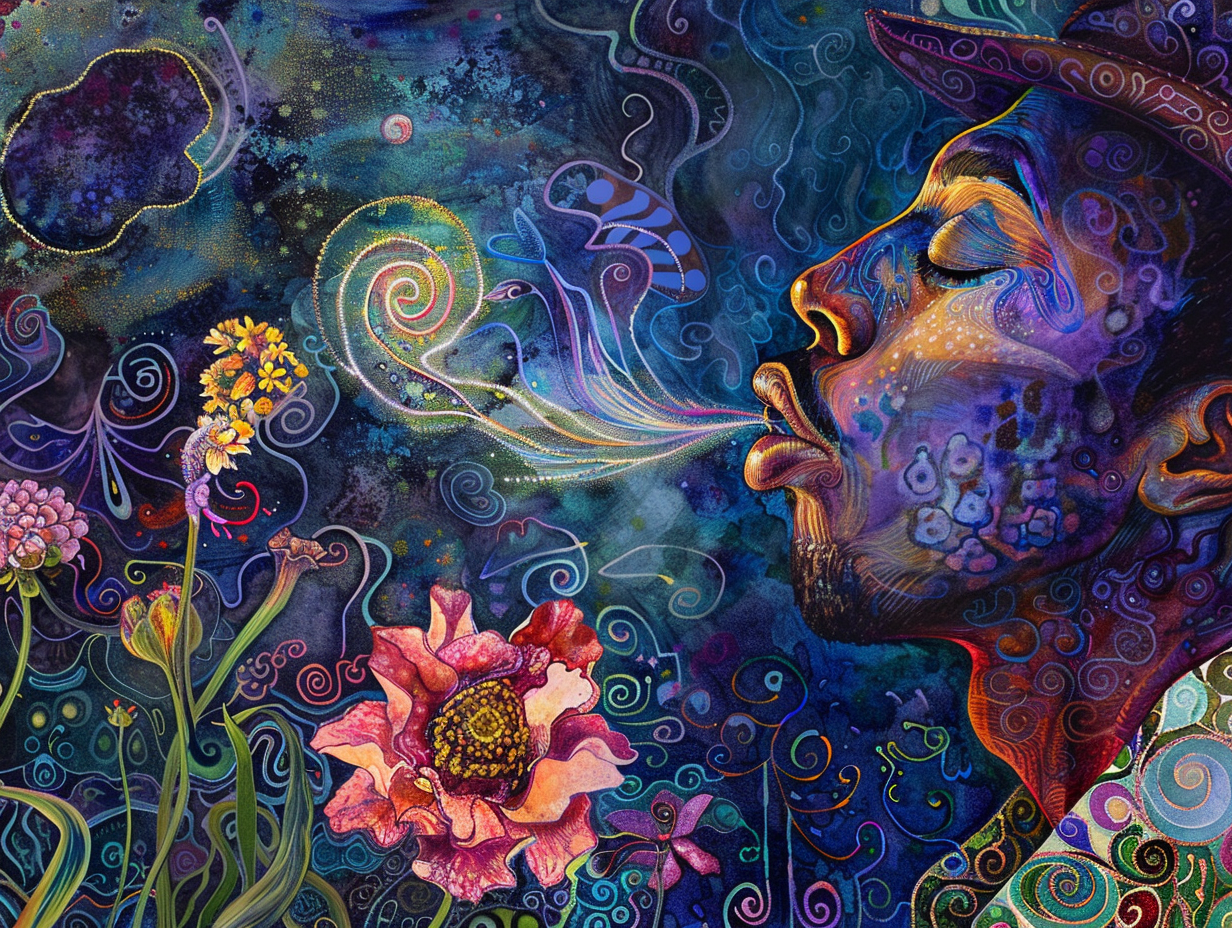The Neurotransmitter Series (part 2 of 4): Oxytocin: For Connection & Healing

Oxytocin: The Neurochemical That Connects and Heals You
Ever feel like modern life is making you more disconnected? Less trusting? More anxious around people?
It’s not just in your head. Your oxytocin levels might be running on empty.
Oxytocin is your brain’s bonding hormone—it fuels trust, deepens relationships, and even strengthens your immune system. It’s why hugs feel good, why eye contact builds connection, and why acts of kindness make you feel whole.
But modern habits are draining oxytocin. Too much screen time, social isolation, and surface-level interactions weaken this vital neurochemical. And when oxytocin levels drop? Loneliness spikes, stress increases, and emotional resilience takes a hit.
The good news? You can naturally boost oxytocin and rewire your brain for deeper connection, trust, and joy.
How Oxytocin Wires Your Brain for Connection
Oxytocin is the glue of human relationships—it strengthens social bonds, reduces stress, and even lowers inflammation. Studies show that people with high oxytocin levels are more trusting, empathetic, and emotionally resilient.
But here’s the catch: your brain only releases oxytocin in response to deep, meaningful interactions.
That means swiping through social media doesn’t count. Neither do shallow conversations. Your brain needs real human connection.
If oxytocin levels stay low for too long, your stress response goes into overdrive, making you more anxious, irritable, and disconnected.
The fix? Start sending your brain the right oxytocin signals.
How to Reset and Optimize Your Oxytocin
🤝 Prioritize Skin-to-Skin Contact
Hugs, massages, and even handshakes trigger an oxytocin release. Research shows that a 20-second hug can dramatically lower cortisol and boost oxytocin levels.
👀 Lock Eyes with People You Care About
Eye contact isn’t just a social cue—it’s a powerful oxytocin trigger. Deep eye contact with someone you trust signals safety to your brain, strengthening bonds instantly.
🎵 Sing or Chant Together
Singing—especially in groups—spikes oxytocin. That’s why choirs, sports chants, and even karaoke make people feel connected.
🐕 Spend Time with Animals
Ever wonder why petting a dog or cat instantly calms you down? Studies show that oxytocin floods the brain when we interact with animals, reducing stress and increasing feelings of love.
🌊 Cold Water & Oxytocin? Yes.
Cold exposure doesn’t just spike dopamine—it also boosts oxytocin levels. That’s why cold-water swims, ice baths, or even a splash of cold water on your face can leave you feeling euphoric and connected.
How to Make This a Lasting Change
Pick one oxytocin-boosting habit and do it daily for a week. Hug someone longer. Make deep eye contact. Sing in the shower. Pet a dog. Stack these small wins, and your brain will start rewiring for connection.
And when that happens? You’ll feel calmer, more trusting, and more deeply connected to the world around you.
Final Thought
Oxytocin isn’t just a"feel-good" chemical—it’s the foundation of human connection. Train your brain to produce more of it, and you won’t just feel better—you’ll thrive.
In part 3, we'll talk explore serotonin, your mood stabalizer.
Related Resources
Explore insights and practical guidance for your personal journey.




